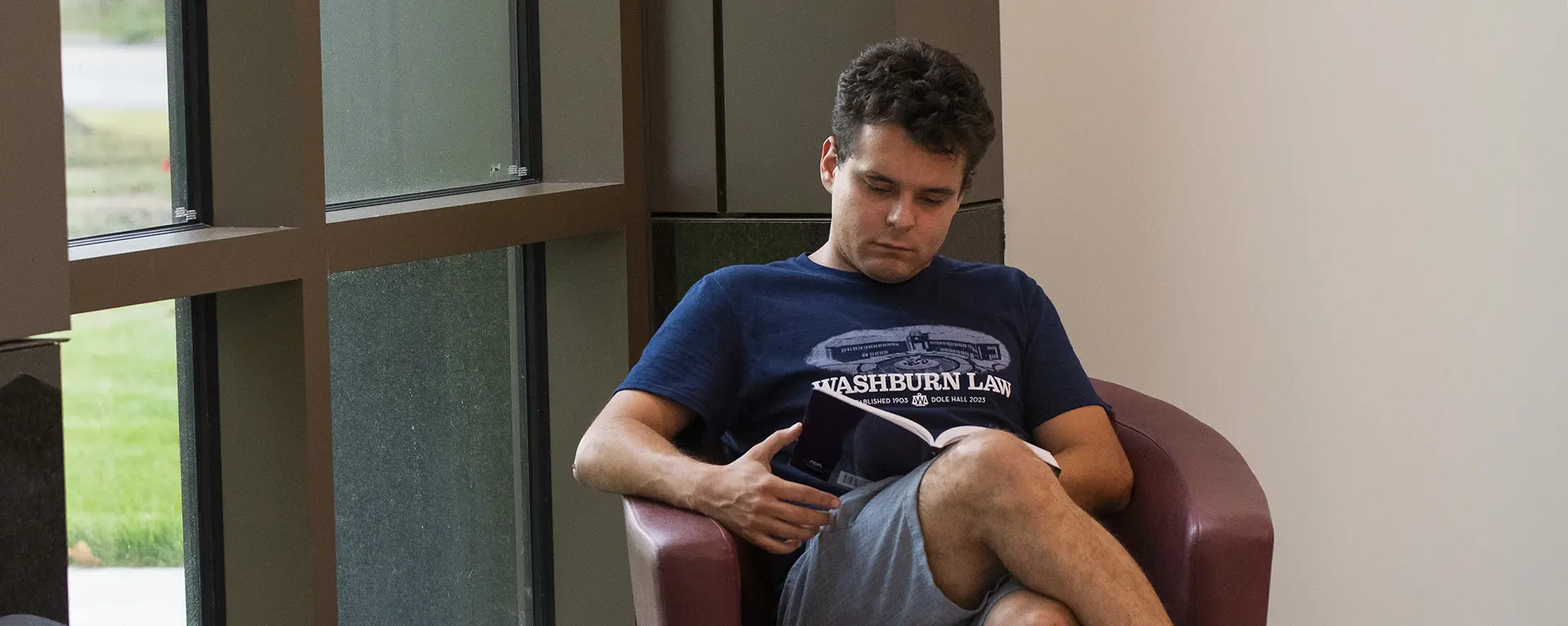


At Washburn Law, our Intellectual Property program stands out for its robust curriculum, experienced faculty, and extensive hands-on learning opportunities. Here are some unique advantages of our program:
The intellectual property curriculum at Washburn Law covers all aspects of intellectual property practice. From trademark and copyright law to patent prosecution and international intellectual property enforcement, our courses provide a comprehensive understanding of this multifaceted field. After completing your first year of law school, you can tailor your education to focus on intellectual property law by pursuing a certificate or selecting specific courses that align with your interests.
Washburn Law offers a specialized certificate in intellectual property law. Earning a certificate demonstrates your commitment to a focused area of study and equips you with the specialized knowledge and skills needed to advance your career. Certificates can enhance your resume, making you a more competitive candidate in the job market and providing you with a deeper understanding of your chosen field. Requirements include completing specific courses and fulfilling a writing requirement.
Required: Intellectual Property Law
Optional Core Intellectual Property Courses: Choose at least eight hours from the following:
Optional Adjacent Courses: Earn up to six hours from the following:
Skills Courses: Earn up to five hours from the following:
Students complete the upper level writing project on a pre-approved Intellectual Property law topic.
Our curriculum includes a diverse range of courses designed to shape your education and provide practical skills. These courses are taught by experienced professors who bring real-world expertise to the classroom, ensuring you receive a contemporary and relevant education. Detailed descriptions of each of these courses, can be found in the academic catalog.
The Center for Intellectual Property & Technology at Washburn Law advances scholarship and practice in IP law through symposia, workshops, and lectures with leading experts. These events offer you the opportunity to explore current issues, connect with professionals and deepen your educational experience in a vibrant community.
Gain practical experience through externships with a variety of organizations. These externships provide invaluable hands-on learning and help you build a professional network in the field. Past externships have included placements at: